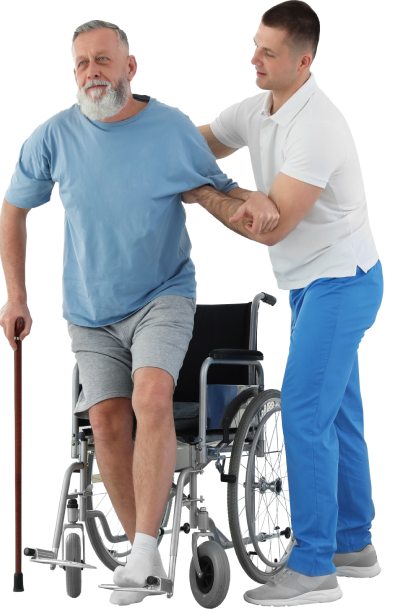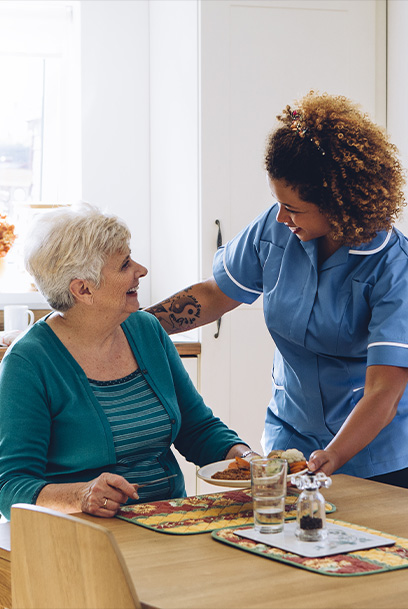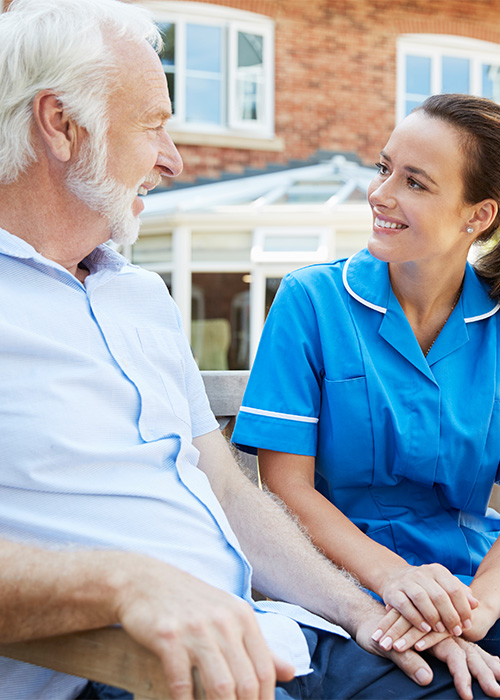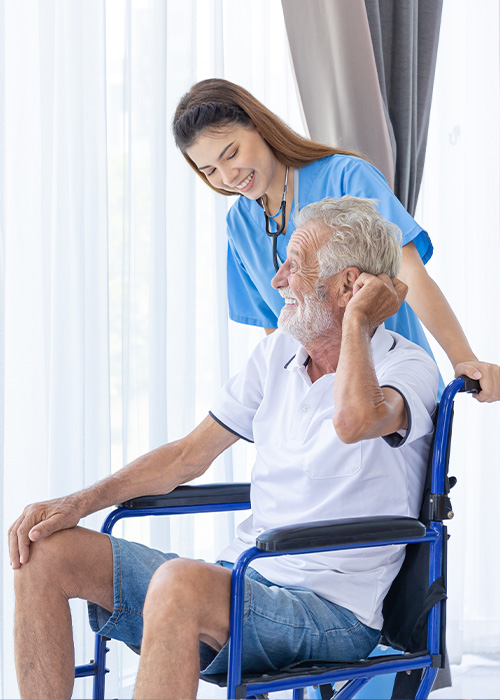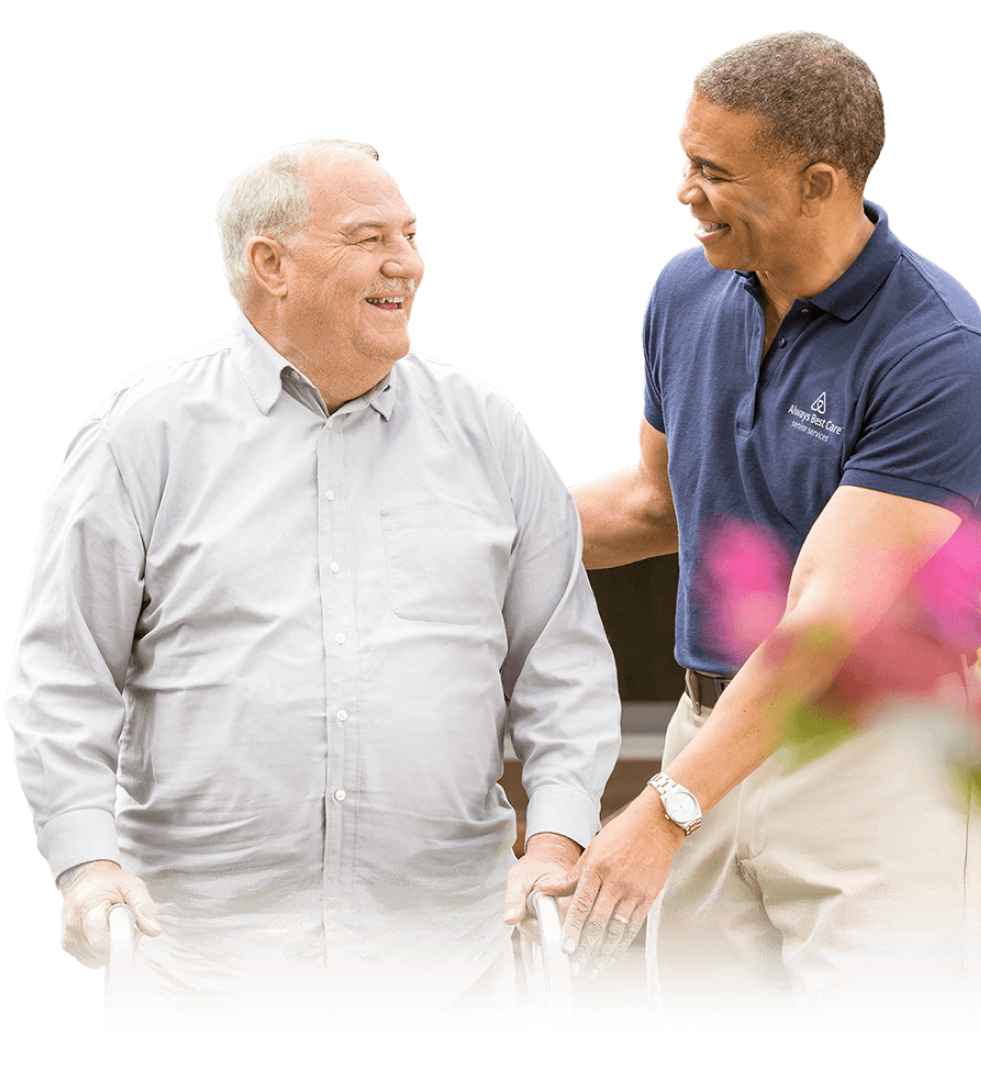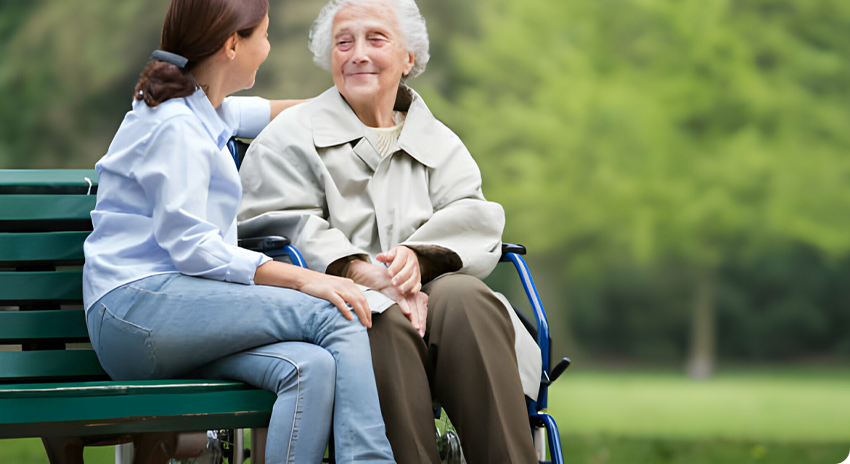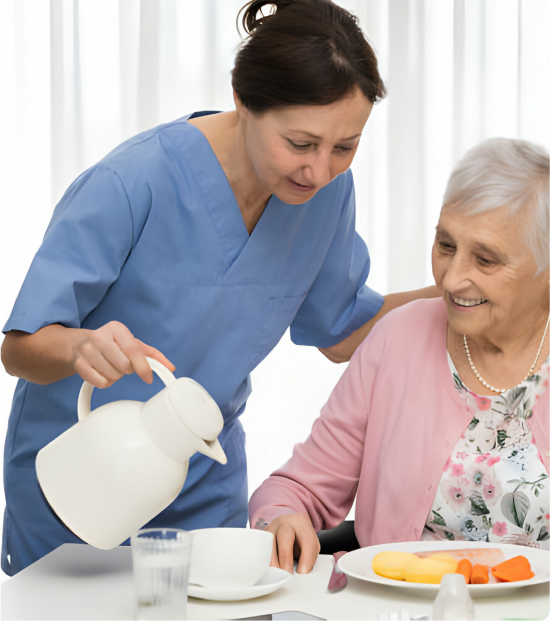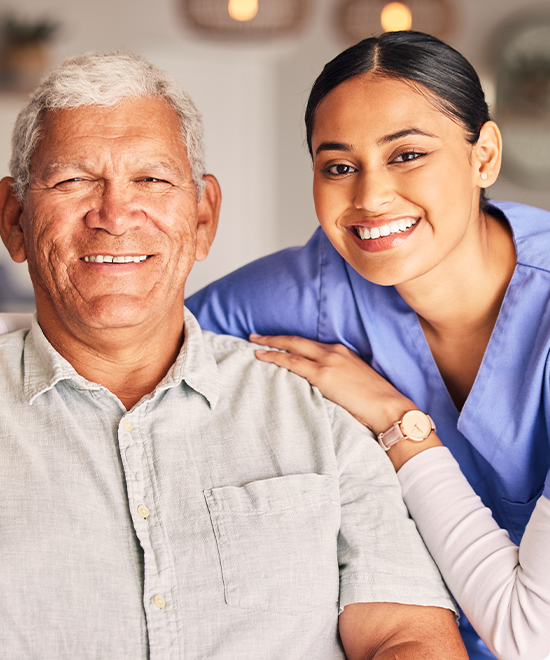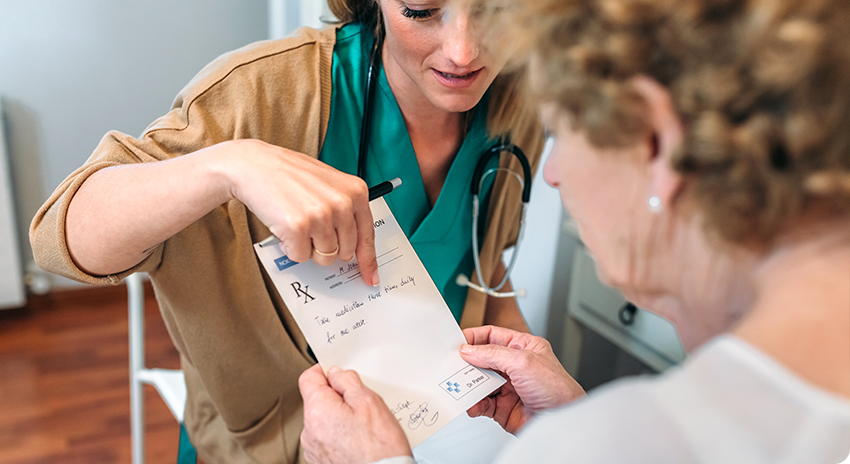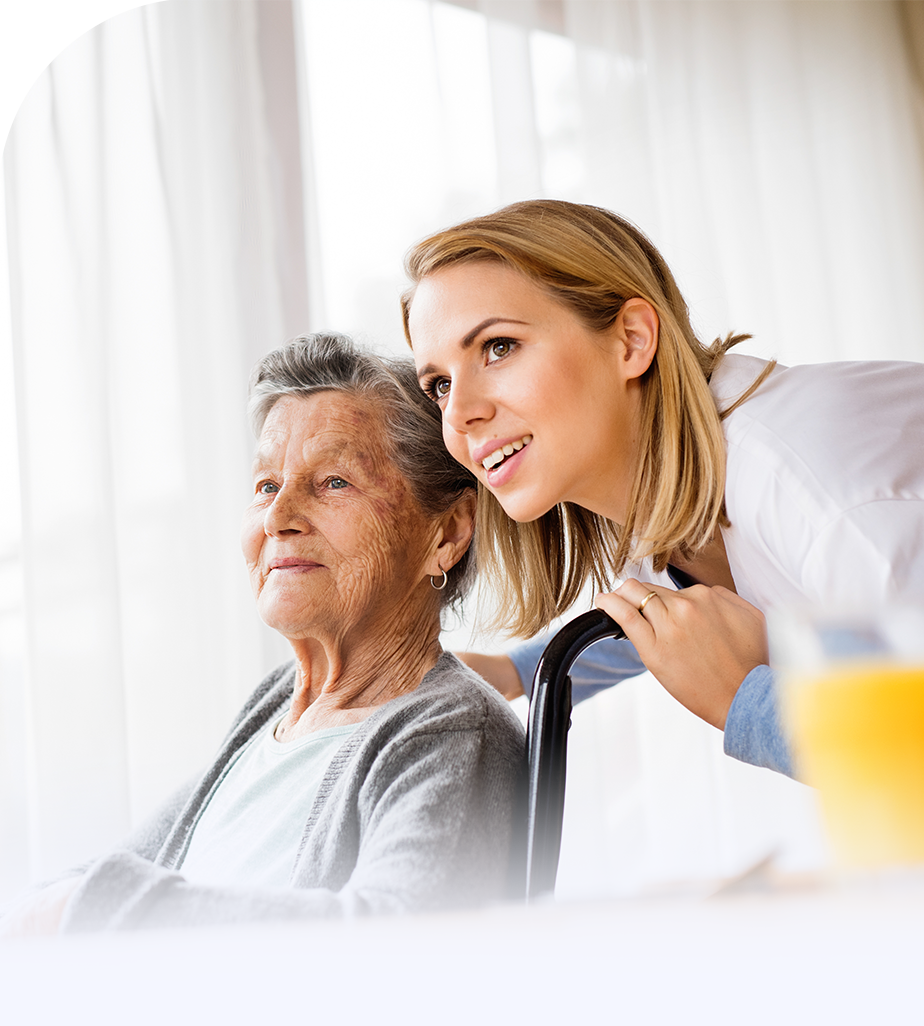The lack of a comprehensive state budget is threatening North Carolina's ability to keep pace with the number of new business registrations, N.C. Secretary of State Elaine Marshall told lawmakers and other leaders on Tuesday.
Speaking at the Council of State meeting Tuesday morning, Marshall said, "North Carolina’s business community is growing rapidly. Our workload has doubled. Our staffing and resources have not. This is no longer a challenge, it is a risk."
Marshall echoed those remarks later Tuesday at a meeting of the Joint Legislative Oversight Committee. The Secretary of State's Office is tasked with processing business registrations and annual reports.
In 2025, entrepreneurs registered 171,244 new businesses in North Carolina, up from 100,338 in 2017.
The pace of business formations was particularly intense in the second half of 2025, with 86,310 new businesses between July and December. That, Marshall said, was a record for the second half of a year.
North Carolina also set a record for business renewals in 2025. In total, the agency processed about 1.66 million filings or notices in 2025, more than doubling the 757,000 filings and notices it processed in 2018.
Despite the Secretary of State's experiments with artificial intelligence and web wizards, Marshall said, most of those filings require review by a person.
Additional staff are key to keeping pace with the amount of new businesses and renewals, Marshall said. To do that would likely require the General Assembly to pass a new comprehensive state budget.
The legislature did not pass a new budget in 2025 due to several key differences between the House and Senate, instead automatically rolling over the two-year budget it passed in 2023.
Marshall told the Council of State she's been asking for additional staff since August of 2023, when that budget was still being negotiated.
"Businesses pay fees for the service we provide, those fees go directly to the general fund. These fees are not taxes. The General Assembly must reinvest in this agency so North Carolina can maintain its competitive advantage as the number one state to do business," Marshall said.
The Secretary of State's Office has 183 staff members, with 36 in the Business Registration Division. Often, Marshall said, those employees are some of the lowest-paid in state government.
"Many of these employees make less than $45,000 a year, which is not enough to feed a family, buy a house or make car payments," Marshall told the Oversight Committee.
During the 2025 state budget process, Marshall asked for five additional staff members in the Business Registration Division, as well as four additional staff members in the agency's call center. Liz Proctor, an agency spokeswoman, said the additional business registration staffers would have included two document examiners and three people to review annual reports.
The Secretary of State's Office is starting to see turnaround times for business documents slip under the sheer amount of work, Marshall said. And that's starting to have a real impact on how accountants and attorneys who need those documents are able to do to their work, she warned, particularly when document volumes are especially high.
Proctor said the agency wants to turn business documents around within five business days. Right now, it is averaging nine to 10 business days for that turnaround, increasing to between 15 to 20 days at high-volume times such as the peak of tax season.
"We are frustrated, our customers are frustrated and I'm sure you all are frustrated, as well," Marshall told the Oversight Committee.
Marshall also touted that with a $19.1 million budget, the Secretary of State's Office generated $218.9 million in revenue for the state's general fund in 2025.
That means each one of the agency's employees resulted in more than $1 million in revenue for North Carolina.
"If our agency was an industrial sector, our return on investment would place us in the same general range as the financial and technology sector," Marshall said.
Marshall received some words of support from a chairman of the Oversight Committee, but no specifics.
Rep. John Torbett, R-Gaston, said, "We intend to do everything we can to keep and remain — keep North Carolina at the top as being the best state for business."

 828-676-2939
828-676-2939




 Service Areas
Service Areas




